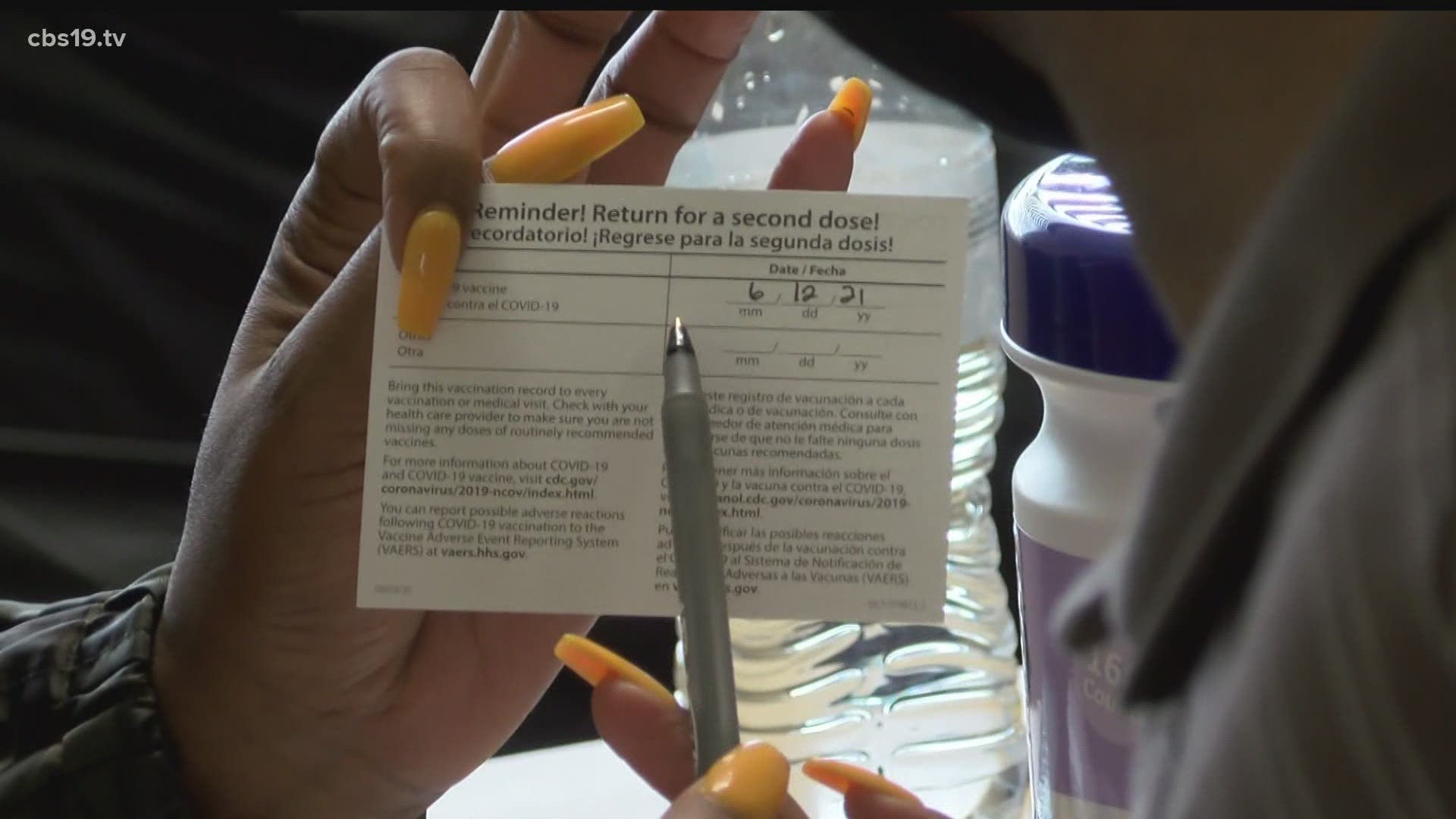TYLER, Texas — New virus variants have left the future of the pandemic uncertain and according to experts, minority communities are the most vulnerable.
Dr. Richard Hackney with North East Texas Healthcare Task Force has been on the front lines of making the vaccine accessible. He remembers a time when medicine was even further out of reach than it is now.
He said, "Blacks had to go to the rear end to be treated- if they're treated at all- by a physician. Most of time, that physician didn't look like us."
He said that a combination of a lack of representation in medicine, resource accessibility and education are what's feeding the health disparity with minority and rural communities.
According to the Texas Department of State Health Services (DSHS) 84,000 people in Smith County have gotten at least one shot. Of that number, 14% of those are black, 12% are Hispanic and 2% are Asian.
Hackney also said that the disparities that led to these statistics aren't new but the pandemic has made them worse and widened the gap between those who have equitable care and those who don't.
To reach the most underserved communities tucked away in healthcare and nutritious food deserts, doctors sent out a call and the church answered.
Reverend Ralph Caraway held vaccination clinics at his church, St. Louis Baptist.
He said, "We wanted to be able to impact our community because we're the ones being affected the most by the virus."
He also said that medical racism is alive and a culprit for black and brown communities not wanting the vaccine, but also says that with this pandemic, it's important to weigh the risks.
"If we're going to continue to use past medical discrepancy as a crutch, you will limp all the way to the grave," he said.
President Biden has just approved an almost $30 million grant to help small rural hospitals in Texas combat current and new variants of the coronavirus.

